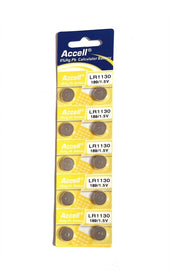A continuous, plentiful supply of vitamin C supports your immune system and promotes heart health, normal cellular activity, longevity, and more. Due to our modern food intake and lifestyle many people are vitamin C deficient.
Vitamin C influences virtually every function in your body, from bolstering immune system health to forming collagen and ?recharging? fat-soluble vitamin E.
Vitamin C is nature's strongest and most potent antioxidant, protecting the human against cancer-causing free radicals. Scientific evidence shows that a diet rich in vitamin C supports:
- Immune system strength and production of white blood cells and antibodies.
- Antioxidant activity of cells, lipids, proteins, and DNA. Healthy response to colds and viral challenges.
- Normal, healthy cellular growth and activity in tissues and organs.
- Cardiovascular health and smooth arterial flow.
- Healthy stomach, upper airway passages, and digestive tract.
- Optimal wound healing and healthy skin.
- The body's healthy response to oxidative stress.
- Oxygen utilization and recovery after physical exertion.
- Strong bones and teeth; healthy gums.
- Eye health, especially the lens of the eye.
- Long-term wellness and longevity.
Vitamin C plays roles in:
- Formation of collagen, the major protein of connective tissue, cartilage and bone.
- Development of ceratine, an agent involved with metabolism.
- Formation of brain neurotransmitters, including epinephrine, norepinephrine, and serotonin.
- Hormone synthesis as it relates to the body's stress response.
- Iron absorption, transport and storage.
- Detoxification of harmful substances.
- Metabolism of amino acids, lipids (including cholesterol) and protein.
- Conversion of folic acid (a B-vitamin) to its active form.
- Regeneration of oxidized vitamin E, restoring its protective effect.
- Protection of other important vitamins from oxidative damage.
Vitamin C is remarkably safe even in very high doses. Compared to prescription drugs side-effects is almost non-existent. Because it's a fragile nutrient that's easily oxidized and attacked by enzymes and it can be virtually destroyed during modern food harvesting and handling. For example, even the vitamin C in fresh green beans can deteriorate 50% in the week between harvest and purchase!








